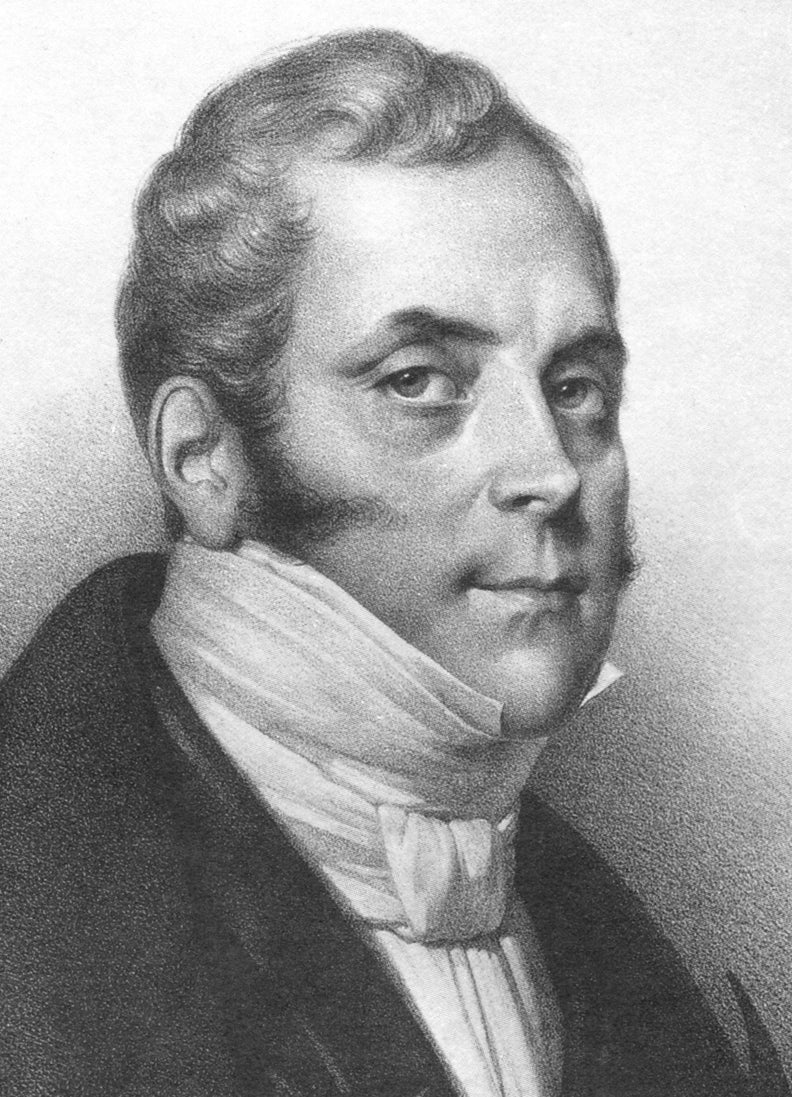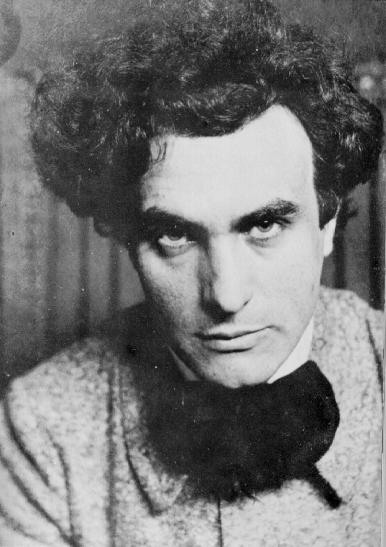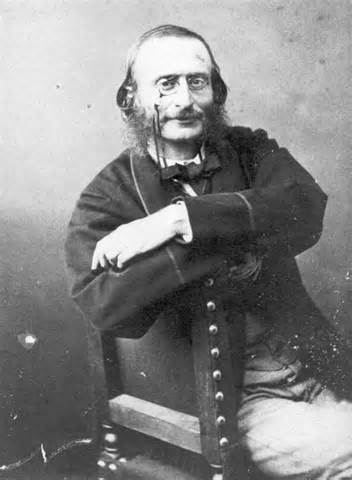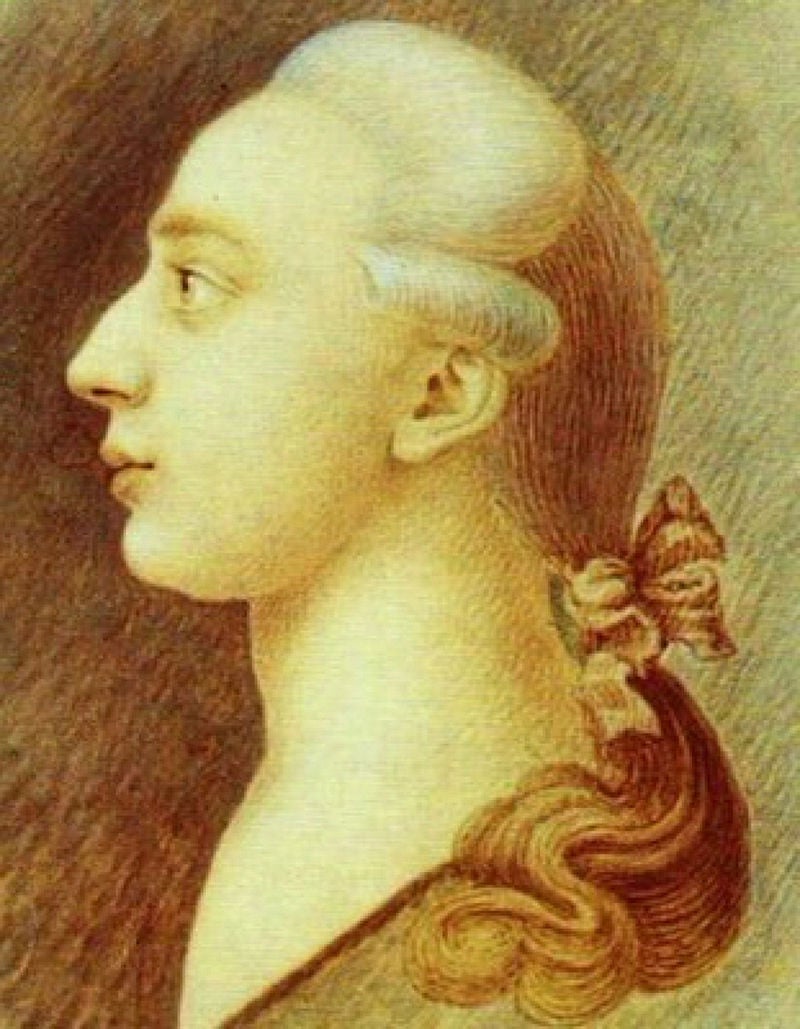Daniel-Francois-Esprit Auber was so shy that he couldn’t conduct his own music and was known to flee upon hearing it. And yet he is credited with starting a revolution.
In 1828 Auber’s opera Masaniello or La Muette di Portici was such a hit in Paris that its use of local color, crowd scenes, and revolution began an era of grand opera in France. The libretto by Eugene Scribe and Germaine Delavigne was based on history–the Neapolitan insurrection of 1647. The opera tells the story of the fisherman Masaniello whose mute sister Fanella has been imprisoned by her seducer, Alfonso, son of the Spanish ruler of Naples. Hearing of his sister’s imprisonment Masaniello swears vengeance against the Spanish oppressors, He leads a successful revolt and is offered the crown, but the story ends tragically with the deaths of Fanella and Masaniello.
When the opera, with its tale of oppression, captivity, and revolt was performed in Brussels on August 25th, 1830 it literally took the country by storm.
Stay informed on the latest news
Sign up for WPR’s email newsletter.
For fifteen years Belgium had been forcefully united with the Netherlands even though the two countries had contrasting traditions and religions and conflicting interests. Auber’s opera was like a match to gunpowder. Riots led to insurrection. The military leader of the Belgians was Charles Rogier. Like Masaniello he became the political leader of the country after a successful revolution, although his tenure as prime minister was longer and happier. Within a year of the revolt, the Belgians wrote a constitution and elected Prince Leopold of Saxe-Coburg to be their first king of an independent Belgium.
Auber wrote at least one more grand opera on a historical theme, Gustav III, but he never equaled the daring spirit of Masaniello, and to this day the reputation of the shy composer rests mostly on his comic operas.
Wisconsin Public Radio, © Copyright 2024, Board of Regents of the University of Wisconsin System and Wisconsin Educational Communications Board.





